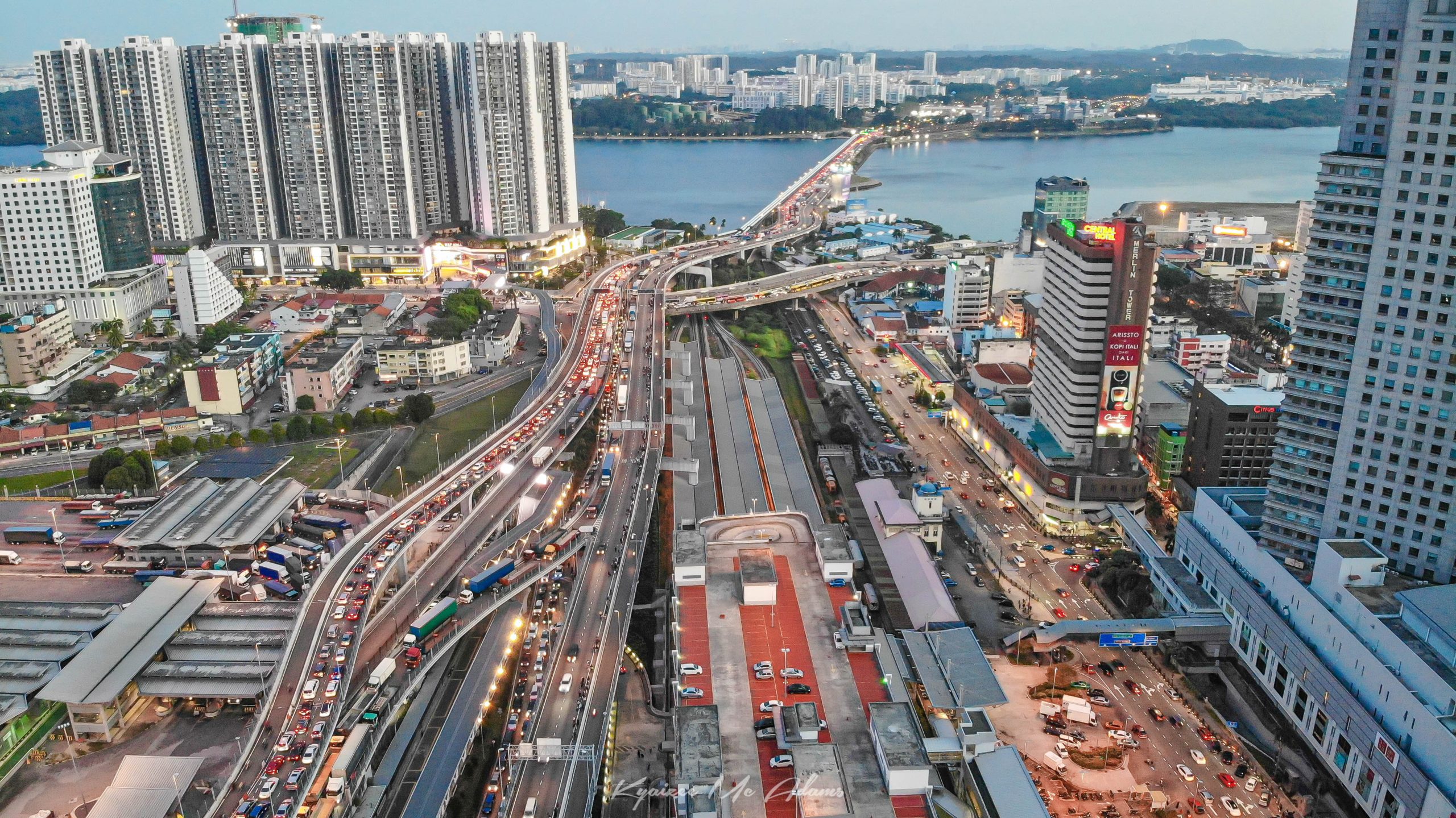According to a recent survey by the Singapore Business Federation (SBF), 90% of Singaporean business owners are interested in exploring opportunities within the Johor-Singapore Special Economic Zone (JS-SEZ). This interest is primarily driven by the high rental and labour costs in Singapore.
In this article, I will discuss the potential impact of the JS-SEZ on businesses in Johor, focusing on whether the anticipated surge in salaries present a threat or an opportunity.
Over my experiences and engagements with clients in Singapore, there is a clear trend of offering job vacancies in Johor. However, these positions are not being filled at Johor’s typical market rates, as this would fail to address the ongoing issue of brain drain. Instead, companies are setting salaries closer to those in Singapore.
For instance, a fresh accountancy graduate might earn RM4,000 in Johor, whereas the starting salary for the same position in Singapore could be S$3,000; equivalent to RM10,000. Currently, we have seen an increasing trend where Singapore businesses offer salaries that are no less than 30% than those in Singapore, resulting in an equivalent salary in Johor at about RM7,000; which is still 75% higher than the local market rate.
This is undoubtedly positive news for employees in Johor, who can anticipate a significant increase in market salaries, particularly after the completion of the Rapid Transit System (RTS) and the JS-SEZ.
For businesses, especially those in the property and B2C sectors, this wage-driven inflation will likely be welcomed, as it directly translates into increased spending power.
While consumer inflation is expected to rise in response to the higher median wages, it is important to note that Johor Bahru’s consumer prices are already elevated due to the strong influence of the Singapore Dollar. This is evident from the traffic congestion caused when there are holidays in Singapore or during the long weekends. Therefore, the benefits of rising wages should outweigh the inflationary pressures.
On the flip side, B2B businesses face significant challenges with the anticipated increase in market wages. If these businesses are not part of a supply chain connected to Singapore or the JS-SEZ ecosystem, they may struggle with recruitment and retention, risking their viability within the special zone.
There are three key strategies that B2B business owners should seriously consider:
- Automating Operations: To reduce reliance on manpower.
- Assessing Relocation Feasibility: To maintain cost structures in alternative zones.
- Engaging with the JS-SEZ Ecosystem: To leverage the opportunities within the special zone.
Government bodies and business associations will play a crucial role in supporting businesses during this transitional period, offering business matching or transformation initiatives to those most likely to be affected.
However, while these are ideal recommendations, the reality suggests that the effectiveness of such support may be limited due to the often bulky and fragmented nature of Malaysia’s government and associations.
We can only hope for positive outcomes following the signing of the JS-SEZ agreements in September by Malaysia and Singapore governments.
By Chan Wei Khjan
ASEAN CPA, CA(M), FCA (Singapore), ASEAN CPA
Lead Advisor
Johor-Singapore SEZ & SFZ Advisory , YYC Group
